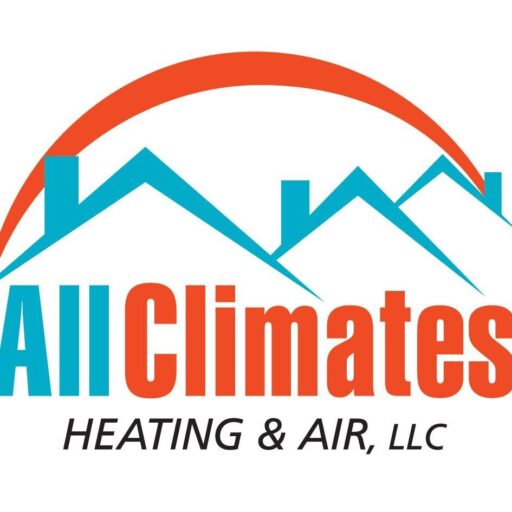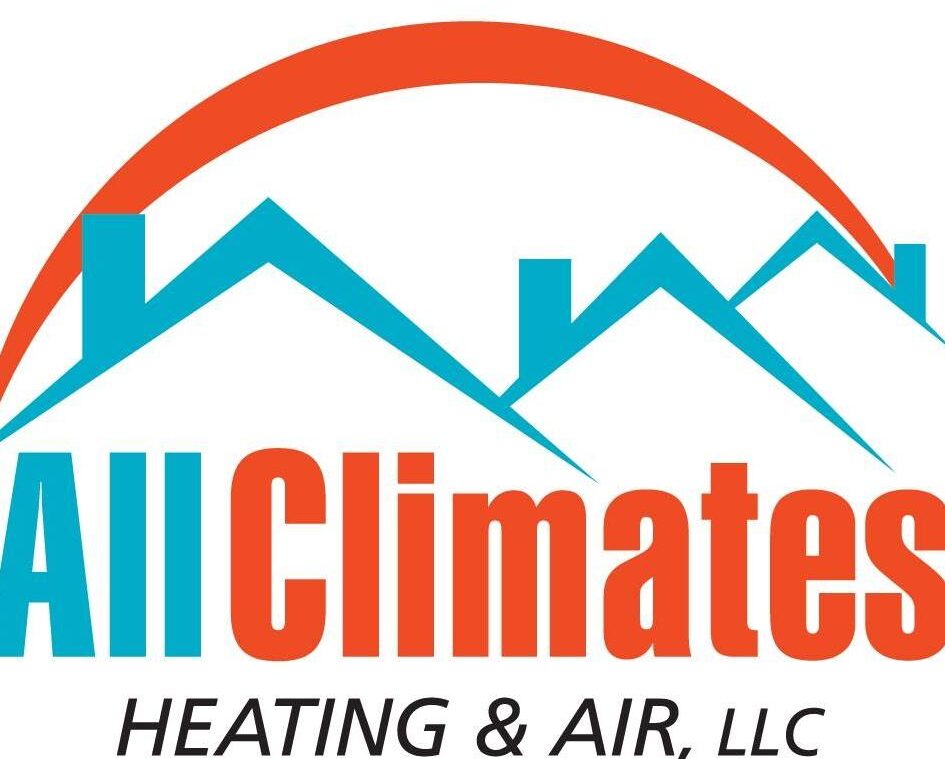Title: The Impact of Insulation on Your HVAC System’s Efficiency
Introduction:
When it comes to maintaining a comfortable and energy-efficient home, the importance of insulation cannot be overstated. Insulation plays a crucial role in keeping your home cool in the summer and warm in the winter, but did you know that it also has a significant impact on the efficiency of your HVAC system? In this blog post, we will explore how insulation affects your HVAC system’s performance and energy consumption, and why investing in quality insulation is a smart choice for homeowners.
How Insulation Affects HVAC Efficiency:
Insulation acts as a barrier against heat transfer, helping to keep the conditioned air inside your home and preventing outside air from seeping in. When your home is properly insulated, your HVAC system doesn’t have to work as hard to maintain a consistent temperature, leading to lower energy bills and reduced wear and tear on the system. In contrast, poor insulation can result in air leaks, drafts, and temperature fluctuations, causing your HVAC system to run longer and use more energy to keep your home comfortable.
Benefits of Proper Insulation:
1. Improved Energy Efficiency: Proper insulation can help reduce the workload on your HVAC system, leading to lower energy consumption and decreased utility bills.
2. Enhanced Comfort: Insulation helps maintain a consistent indoor temperature, creating a more comfortable living environment for you and your family.
3. Extended HVAC System Lifespan: By reducing the strain on your HVAC system, insulation can help prolong its lifespan and reduce the need for costly repairs or replacements.
4. Environmental Impact: Lower energy consumption means reduced greenhouse gas emissions, contributing to a more sustainable living environment.
Choosing the Right Insulation:
There are various types of insulation available, including fiberglass, cellulose, foam, and reflective materials. The best type of insulation for your home will depend on factors such as climate, budget, and your home’s construction. It’s essential to work with a professional insulation contractor to assess your home’s insulation needs and recommend the most suitable solution for optimal energy efficiency.
Conclusion:
In conclusion, insulation plays a critical role in the efficiency and performance of your HVAC system. By investing in quality insulation, you can enjoy improved energy efficiency, enhanced comfort, and cost savings in the long run. If you’re experiencing high energy bills, uneven temperatures, or frequent HVAC issues, it may be time to evaluate your home’s insulation and consider upgrading to a more efficient solution. Remember, a well-insulated home is not only good for your wallet but also for the environment.

